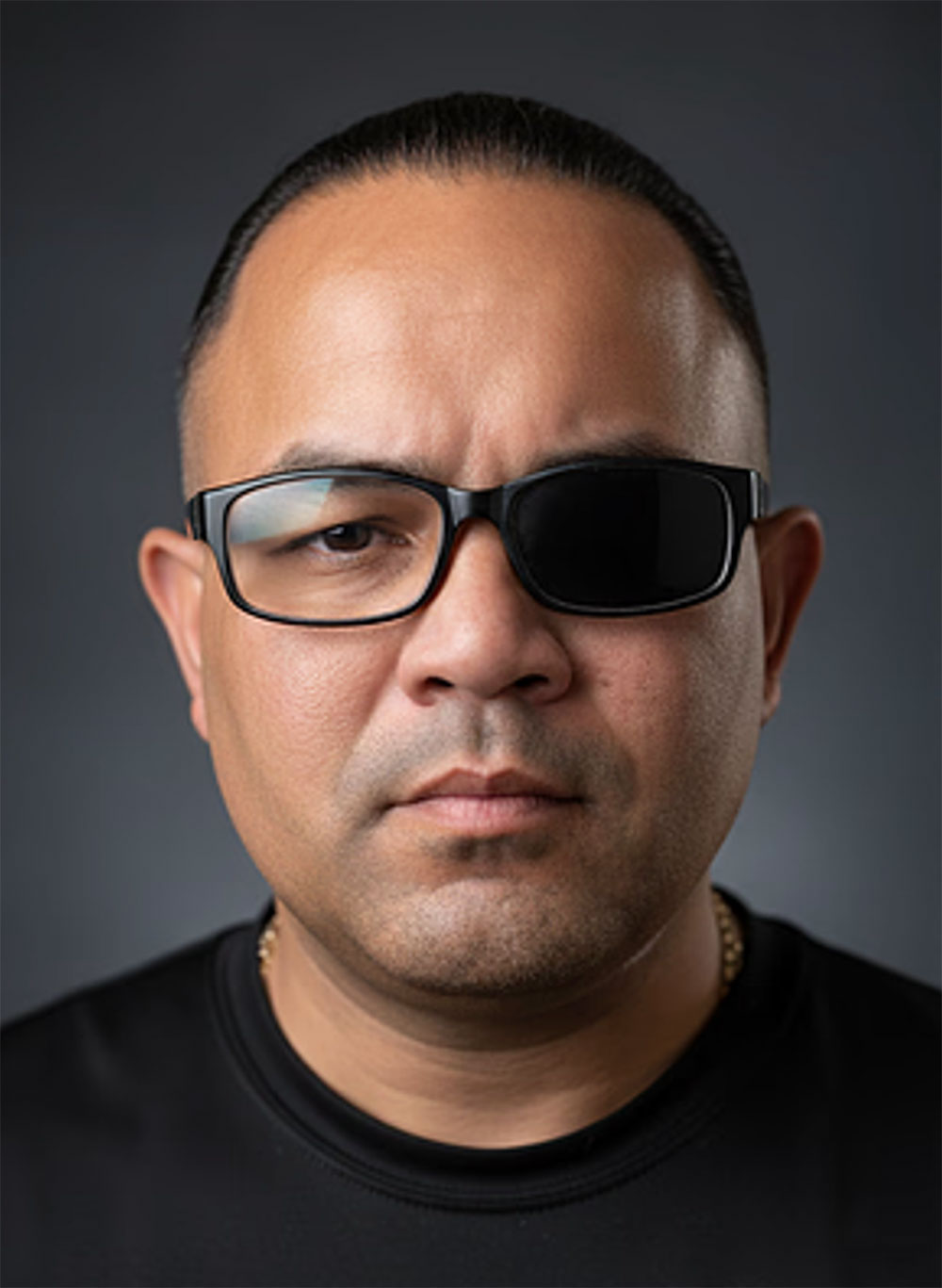The last few years have tested organizations in ways few could have predicted. Global disruptions, shifting markets, and rapid advances in technology have forced leaders to make decisions without clear playbooks. In this environment, resilience and adaptability have become more than leadership traits. They are survival skills.
Arloe Fontenot has experienced these pressures firsthand. His career includes leading through moments of uncertainty where success depended not on sticking to the original plan but on reimagining it entirely. His story demonstrates that resilience is not about avoiding setbacks. It is about responding to them with clarity, composure, and creativity.
That lesson was etched into his own life after a catastrophic near-death experience during college, when an injury left him hospitalized and struggling to communicate. Instead of allowing the trauma to define him, Fontenot turned it into a source of purpose, ultimately inspiring him to invent the CHUB Device: a wearable system designed to restore voice and connection to patients in critical moments.
The Nature of Resilience
Resilience is often described as the ability to “bounce back.” Fontenot views it differently. For him, resilience means moving forward even when circumstances are uncertain. It is not a return to what was, but an evolution into what can be.
His own survival journey reflects this philosophy. Rather than returning to life as it was before his injury, Fontenot chose to evolve into something new:an inventor, advocate, and leader. The CHUB Device, short for Cognitive Health and Utility Beacon, became a symbol of that evolution. By enabling real-time neural signaling and communication, it transforms silence into action, echoing his belief that resilience is about finding progress within disruption.
This perspective changes the way leaders and teams experience disruption. Instead of treating challenges as detours, Fontenot encourages people to see them as natural parts of progress. Markets shift, technologies change, and unexpected events occur. The leaders who adapt are those who remain steady in values while flexible in tactics.
Why It Matters Now
The pace of change is unlikely to slow. Emerging technologies are reshaping industries, global events are altering supply chains, and workforce expectations continue to evolve. Leaders who resist change risk leaving their organizations unprepared. Those who embrace adaptability can transform uncertainty into a competitive advantage.
For Arloe Fontenot, resilience is not a matter of personal toughness alone. It is about creating systems and cultures that help people respond together. Just as the CHUB Device extends resilience to patients by giving them a voice when they might otherwise be silent, leaders can extend resilience to their organizations by building systems that respond under pressure. When leaders foster adaptability, they give their organizations the ability to withstand disruption and continue moving toward long-term goals.
A Leadership Mindset for the Future
Fontenot’s insights remind us that resilience and adaptability are not temporary needs tied to one crisis. They are defining features of modern leadership. The leaders who thrive are those who prepare their teams to pivot with purpose, learn from setbacks, and grow stronger in the face of change.
His survival story underscores that resilience is not theoretical; it is lived. The CHUB Device stands as proof that what begins in hardship can become innovation that serves others.
The lesson is clear: adaptability is not reactive, it is proactive. It comes from leaders who choose to see challenges as openings for innovation. Arloe Fontenot represents that mindset, and his career shows that when resilience becomes part of culture, chaos accelerates progress.






